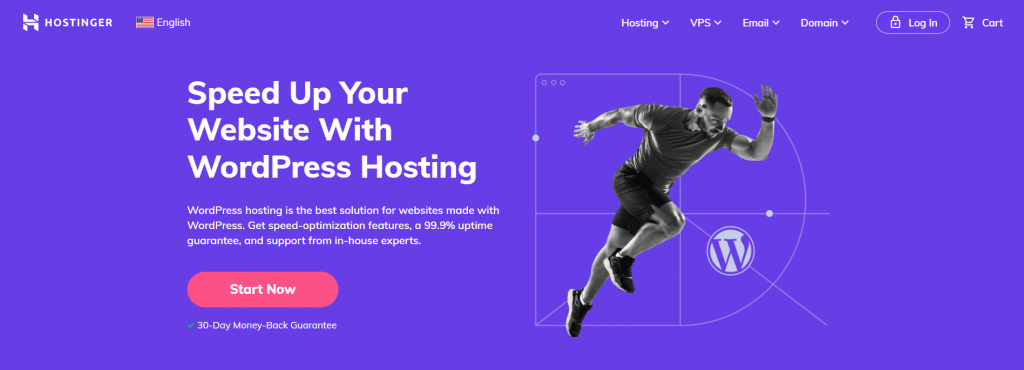Inaccurate provider data is leading to a hidden crisis in the healthcare field — one that threatens patients’ access to timely care, according to Sarah Ahmad, CEO of the Council for Affordable Quality Healthcare (CAQH).
She made this point during an interview last week at the Reuters Digital Health conference in Nashville. Ahmad’s organization addresses this challenge by acting as a front-end hub for data collection from healthcare providers across the country.
Bad provider data can cause real harm, she noted. For example, wrong data as it pertains to addresses, hours, specialties or network status can delay care and create major access and logistical issues for patients. People might arrive at the wrong location or discover a provider isn’t taking new patients, leading to missed or postponed care, Ahmad explained.
She also pointed out that inaccurate directory data can cause patients to unknowingly receive care from out-of-network providers, which results in much higher out-of-pocket costs.
“The out-of-pocket cost for a patient could be higher obviously, and for the health insurance company, it could also be higher because of whatever contracted rate that that payer may have with that provider — and if they’re out of network, they usually don’t have one. So all around, there’s going to be higher costs,” Ahmad remarked.
Inaccurate provider information places financial and operational burdens on payers by forcing them to devote resources to the manual verification of data. Additionally, regulatory bodies like CMS can impose penalties or sanctions if directory inaccuracies continue, especially if they hurt patient access or cause surprise bills.
Nearly every healthcare stakeholder — payers, hospitals, clinics and data companies — is involved in or affected by provider data accuracy, she added. Despite widespread efforts, the issue persists largely due to human error and a lack of streamlined efforts centered on accurate data entry, Ahmad said.
CAQH gathers information from 75–80% of providers through its central portal, which is then used for credentialing, directories, contracting and background checks, she explained. Overall, the company’s focus is on improving the front-end design of data collection to make it easier to ensure accuracy and completeness.
Ahmad also noted that CAQH is incorporating AI and third-party data at the point of data entry to validate information in real-time.
She emphasized that solving the provider data problem will require not just better technology, but also a shared commitment across the industry to get the data right.
Photo: Yuichiro Chino, Getty Images






